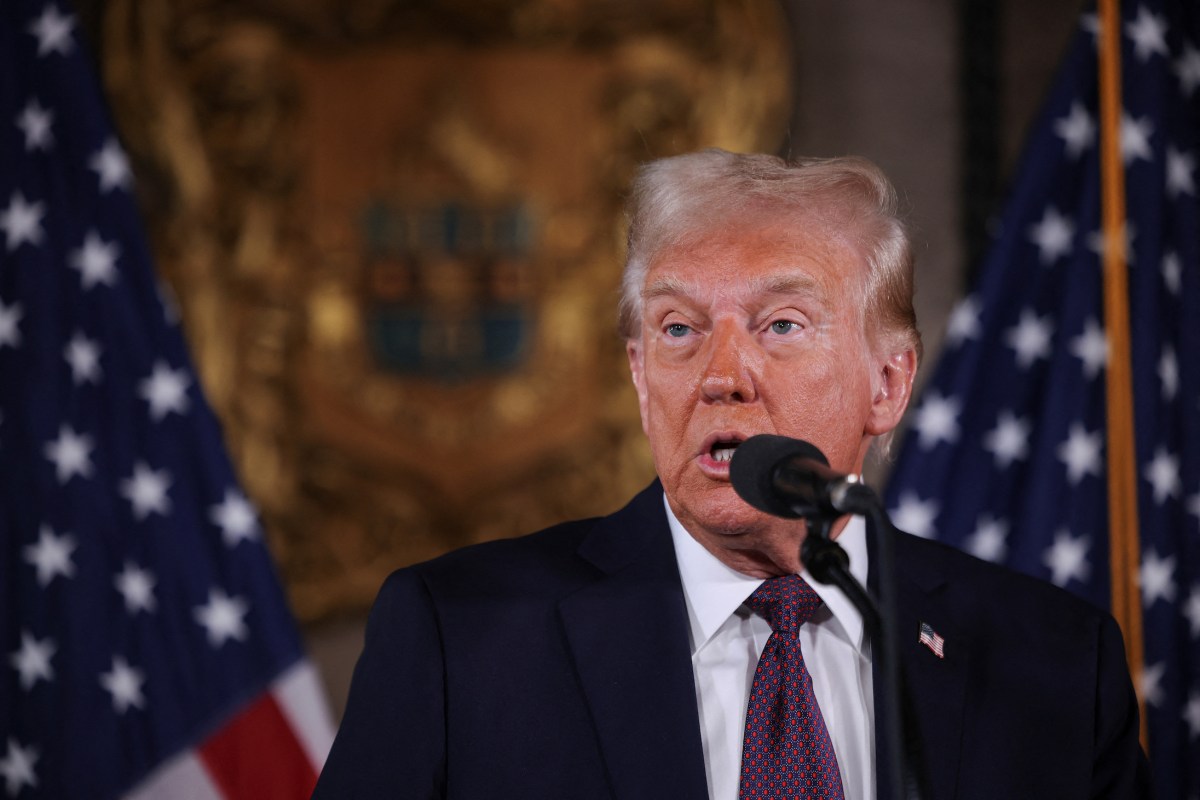WASHINGTON (Reuters) – The U.S. presidential election pits a politician who plans to tie the country’s economic recovery to tackling climate change against another determined to remove as many regulatory hurdles to oil, gas and coal production as possible.
President Donald Trump, a Republican, has focused on dismantling former President Barack Obama’s climate agenda to free the energy and auto industries from the costs of regulations meant to protect health and the environment.
Joe Biden, a Democrat who served as Obama’s vice president, has beefed up his strategy to tackle climate change with a new focus on a new massive green infrastructure to re-invigorate the U.S. economy that is reeling from the worldwide coronavirus pandemic.
Here are some of the major climate issues at play in the Nov. 3 election.
CLIMATE PLANS
Biden, heeding calls from his party’s progressives for a faster transition away from fossil fuels, is proposing $2 trillion in spending over his first four-year term and aims to achieve 100% clean electricity by 2035.
That is a speedier timetable and more money than his initial campaign plan to spend $1.7 trillion to achieve net-zero emissions by 2050.
Biden’s latest proposals include upgrading 4 million buildings for energy efficiency and weatherizing 2 million homes in four years, building 1.5 million energy efficient homes and public housing, and investing in public transportation in every city with more than 100,000 residents.
He has also called for the installation of 500,000 electric vehicle charging stations by 2030, ending fossil fuel subsidies and providing $400 billion for research and development in clean technology. He supports research into high-tech nuclear energy that would be virtually emissions free but likely still have waste issues.
Trump does not have a climate plan on his campaign website, but an energy and environment section highlights his administration’s focus on unraveling Obama-era regulations. This includes the Clean Power Plan, which was later upheld by the courts, and a plan to curb emissions of methane, a powerful greenhouse gas that leaks from oil-and-gas operations.
Trump has rejected mainstream science on climate and said in April, “the level of environmental cleanliness is at its all-time best right now” – an inaccurate claim. Like Biden, he supports advanced nuclear technology.
AUTO EMISSIONS
Biden wants to strengthen auto emission standards formed during the Obama administration. Trump, who had called the regulations “industry killing,” replaced the standards with weaker ones in March.
Biden has also proposed incentives for auto manufacturers to produce zero-emission cars, a federal procurement program for clean vehicles and set a goal for all new American-built buses to be zero-emissions by 2030.
BLUE COLLAR WORKERS
Trump had a vision of a renaissance in “beautiful clean coal,” the fuel that emits the most carbon dioxide when burned, and invited miners to the White House in early 2017 as his administration announced plans to slash air and water regulations.
But due to abundant natural gas and falling prices for wind and solar power, Trump has failed to stop coal plant shutdowns during his term in office. Coal-fired electricity output fell 18% last year to the lowest level since 1975.
Biden has resisted a push by his party’s liberal wing to impose a nationwide ban on fracking. The drilling technique increases emissions of gases linked to climate change but supports jobs across the country and has allowed the United States to become the world’s top oil-and-gas producer. Biden also supports investing in coal communities by offering alternatives to mining work.
CLIMATE DIPLOMACY
Trump put in motion a process to remove the United States, the world’s No. 2 emitter of greenhouse gases behind China, from the 2015 Paris Climate Agreement that brought countries together to mitigate global warming, saying it was too costly.
Biden has said he will return the United States to a leadership role on climate change, assertively re-entering the United States in future climate negotiations to advance the goals of the Paris Climate Agreement.
Biden has said he brought China on board the Paris pact, a claim that has reportedly been disputed by some former Obama officials. Now Biden wants to make a diplomatic push to persuade China to stop financing coal plants through its belt-and-road initiative.
(Reporting by Timothy Gardner, Valerie Volcovici and Trevor Hunnicutt; Editing by Colleen Jenkins Lincoln Feast and Sandra Maler)
























